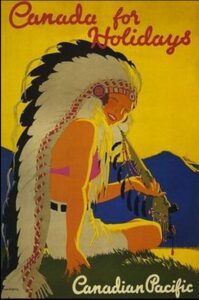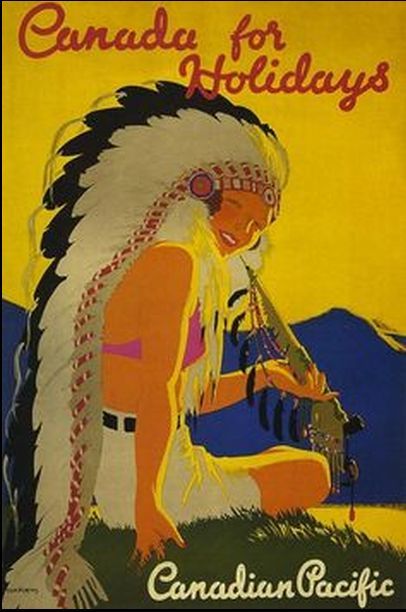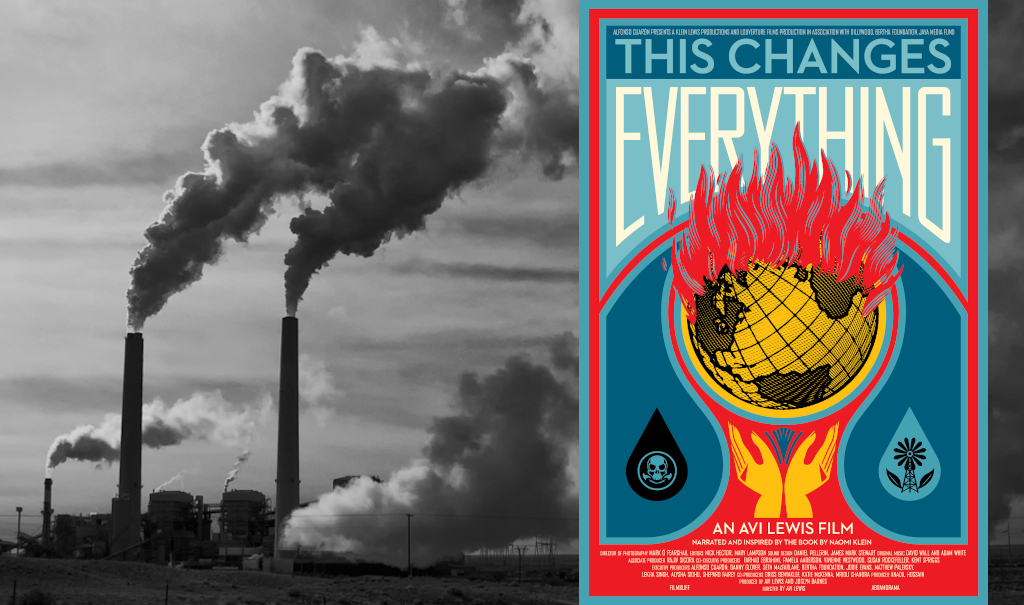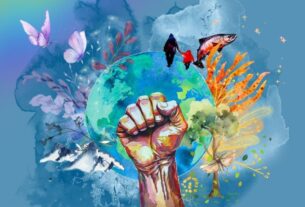
To mark 150 years of the Canadian state, we are publishing some of the articles from our magazine that covered different parts of Canada’s history.
Stephen Harper’s claim in 2009, that Canada has “no history of colonialism” shows either he is ignorant or a liar. Canada, founded in 1867, is and was a colonial and capitalist state.
As the bourgeoisie in Europe rose to power, they sought new sources of wealth and raw materials. Colonizing the Americas was crucial to capitalism’s primitive accumulation, gaining wealth through plunder and privatization. The commons of Europe were transformed to private property at the same time as the gold and silver, land and furs, and sea and land animals of the Americas were robbed. Under capitalism, the goal is to create profit at all costs. Human needs and the natural world (land, air and water) are given little consideration.
Indigenous peoples in Canada provided help with navigating the lands and waters of Canada and established trading relations with the Europeans. As the English and French rulers expanded settlement, the Indigenous peoples were pushed off their lands, into small areas of marginal land. Much of the land was given to corporations (the Hudson’s Bay Company and later the CPR and other railways), the church and the wealthy elites. As westward settlement grew, Europeans were lured to Canada with promises of fertile land.
Colonialism is about both material accumulation and the production of ideologies that justify the theft and violent practices at its root. Colonialism was a deliberate attempt to undermine, starve and defeat Indigenous peoples to steal their land. Thomas King explained capitalism’s view that “Land is primarily a commodity, something that has value for what you can take from it or what you can get for it.” 98% of First Nation’s original lands were stolen through treaties and the Indian Act. The Métis lost 83% of their Red River lots through the Scrip program. The result of such massive dispossession is continued institutionalized inequality. To this day, Indigenous people face constant racist state oppression.
The legacy of colonialism affects every aspect of the lives of Indigenous people. Young children were taken from their families and communities and placed in residential schools, with the aim to “kill the Indian in the child.” They were forbidden to speak their language, suffered neglect, abuse and deprivation as well as sub-standard education. The result was a traumatized people, disconnected from their families, communities and culture.
Indigenous peoples have a long history of resistance from the Red River Rebellion to numerous land and environmental struggles today. In spite of constant efforts by the Canadian state at “cultural genocide” or “genocide,” Indigenous peoples have survived and in recent decades, resistance and confidence have increased. There is a cultural revival as people rediscover their cultural traditions, music and language and create new art forms. Struggles over land, the environment, residential schools, missing and murdered women, and conditions on reserves are all increasing.
Capitalism will not willingly relinquish private control of land and resources, which is vital to any true reconciliation and ending colonialism.




